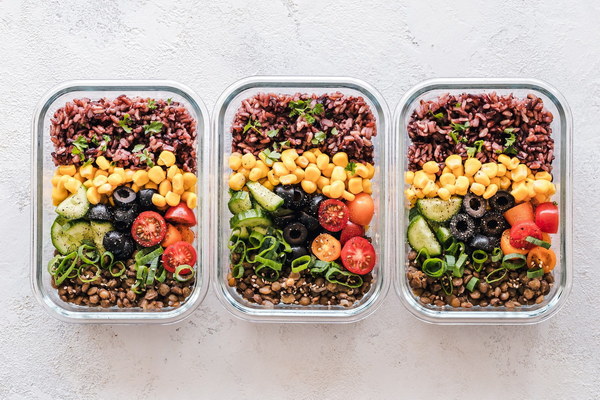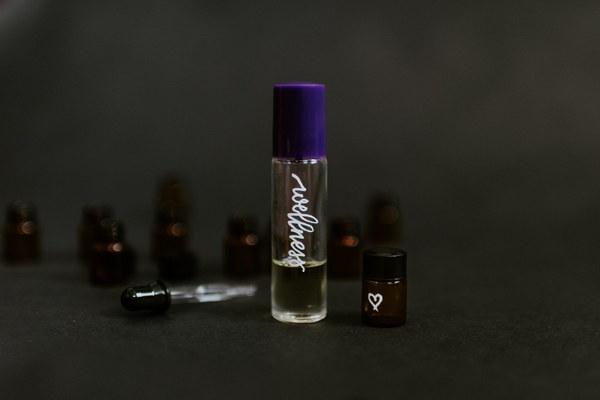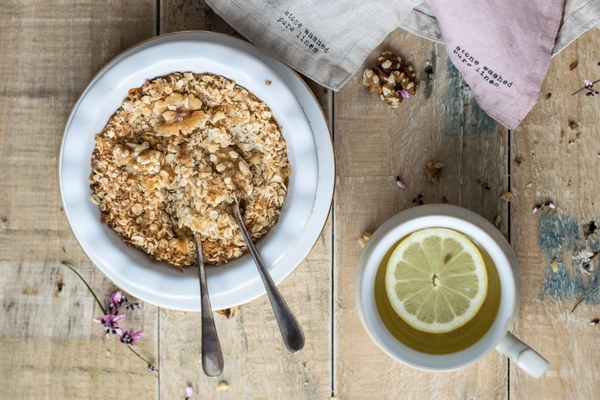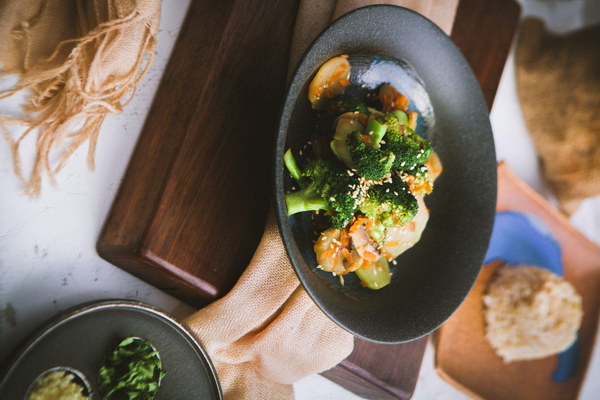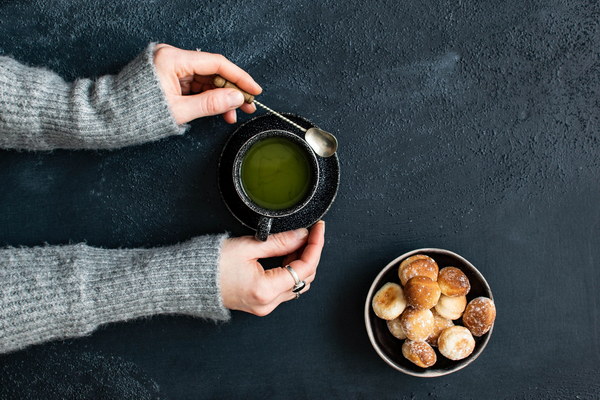How Long Should You Wait After a Fever to Start Replenishing Your Body
Introduction:
Feeling under the weather can be quite challenging, and recovering from a fever is no exception. After battling an illness, it's natural to want to replenish your body with nutritious foods and supplements. However, it's important to understand how long you should wait before indulging in a post-illness feast. In this article, we will explore the recommended time frame for replenishing your body after a fever, considering various factors that may influence your recovery process.
1. The Importance of Rest and Recovery:
After a fever, your body is in a state of recovery, and it's crucial to give it the time it needs to heal properly. Resting and allowing your body to recover is the first step towards regaining your strength. Rushing into replenishing your body too soon may hinder the healing process and delay your recovery.
2. The General Timeline:
On average, it's advisable to wait at least 48 to 72 hours after the fever has subsided before starting to replenish your body. During this period, your body is still working hard to fight off the infection and repair any damage caused by the illness. However, individual recovery times may vary, so it's essential to listen to your body's needs.
3. Factors Influencing Recovery Time:
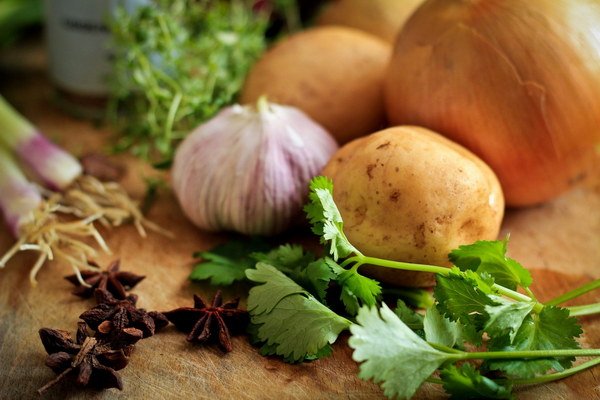
Several factors can influence the duration of your recovery and the timing of replenishing your body:
a. Severity of the Fever: A higher fever may indicate a more severe illness, requiring a longer recovery period before you can start replenishing your body.
b. Underlying Health Conditions: Individuals with pre-existing health conditions may take longer to recover from a fever. It's important to consult a healthcare professional to determine the appropriate timeline for replenishing their body.
c. Age and Immune System: Young children, the elderly, and individuals with weakened immune systems may take longer to recover from a fever. It's crucial to monitor their progress closely and follow a personalized recovery plan.
4. Nutritional Recommendations:
Once you've waited the recommended time frame, it's essential to focus on nutritious foods that support your body's recovery:
a. Hydration: Adequate hydration is crucial during and after a fever. Drink plenty of water, herbal teas, or clear broths to replenish fluids lost during illness.
b. Balanced Diet: Incorporate a variety of fruits, vegetables, lean proteins, whole grains, and healthy fats into your meals. These foods provide essential nutrients to aid in the healing process.
c. Gentle Foods: Opt for easy-to-digest foods that are gentle on your digestive system, such as soups, stews, or cooked vegetables. Avoid heavy, greasy, or spicy foods that may irritate your system.
d. Probiotics: Consuming probiotics, such as yogurt or kefir, can help restore the balance of good bacteria in your gut, which may have been disrupted during the illness.
5. Monitor Your Progress:
As you begin to replenish your body, keep an eye on your overall well-being. If you experience any discomfort, bloating, or digestive issues, it may be a sign that you're advancing too quickly. Adjust your diet accordingly and consult a healthcare professional if necessary.
Conclusion:
Recovering from a fever requires patience and proper timing when it comes to replenishing your body. Waiting at least 48 to 72 hours after the fever has subsided allows your body to focus on healing. Once the appropriate timeline has passed, focus on a balanced diet, adequate hydration, and gentle foods to support your recovery. Remember to monitor your progress and consult a healthcare professional if needed. By following these guidelines, you'll be well on your way to a full recovery and restored health.

